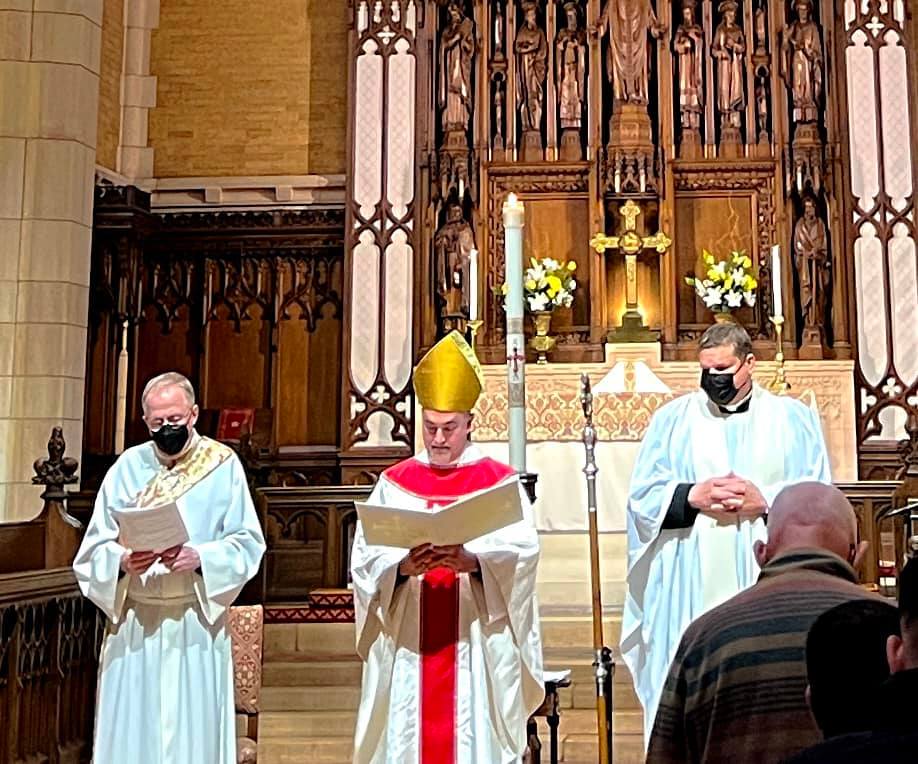AUGUST 5, 2022 – (Cont.) The afternoon that preceded one of those “pie and ice cream” evenings at Moore’s is when John and Jenny discovered a talent for throwing rocks at the street lights and busting the big, glass orbs. The fun continued until they’d wrecked damned near every street lamp on Rice Street.
That evening, Fred and our dad engaged in their usual spontaneous chatter, while Ruth and our mother did the same. Often Fred and Dad talked politics, and as stalwart Republicans, they shared common viewpoints. Law and order wasn’t yet “a thing,” but on that occasion, recent criminal activity on our street was a hot topic.
“Did you see what a bunch of hoodlums did to our street lights?” Fred asked Dad in a disgusted tone. “Where are the police when we need ‘em?”
“What’s this world coming to?” said Dad.
“Don’t know,” said Fred, “but if I ever catch one of those juvenile delinquents, they’re gonna wish I hadn’t.”
“I’m right with you there, Fred,” Dad said. “I’d have words for the parents, too—ne’er-do-wells, no doubt, from the other side of town.”
At the time, I was unaware of Jenny’s hand in the heinous crime under discussion. In keeping with her youthful criminality—and, as it turned out, her emerging theatrical skills—Jenny maintained a perfectly innocent countenance as Ruth offered her a second slice of cherry pie.
Fred and Dad were never the wiser. In fact, no one was, until many years later—long after Jenny had conveniently come to Jesus (after signing herself up for Vacation Bible School at her best friend’s Baptist Church)—when she told me the whole amusing story.
John Fenwick, however, caught hell from his preacher dad. Jenny was on hand for the fire and brimstone. Today she doesn’t remember how Father Fenwick found out. She speculates that he must’ve noticed the broken light across the street from their house and figured immediately that John was the culprit. On that day of reckoning, John didn’t attempt an alibi but tried to drag Jenny into the matter. “She did it too,” he said to his irate dad.
“You’re lying!” said Father Fenwick. “Jenny would never do such a terrible thing.”
If you think Jenny was free, you haven’t read Dostoevsky. As she recently explained, she was terrified by Father Fenwick’s statement: Since he was “closer to God” than anyone else she knew, his mistaken belief in her innocence meant God must’ve been deceived as well. And if God ever found out the truth . . . surely bad things would ensue.
As far as we know, however, neither God nor his agent Fenwick ever learned the truth.
Meanwhile, my sister the (former) juvenile delinquent became a rejuvenated delight and flourished—well within the bounds of the law, though not always in sync with the rules at . . . Interlochen Arts Academy, where she attended high school. But there she played a smart game of dodge ball: she never joined illicit, post-curfew escapades unless she was in the company of orchestra section leaders, whom the administration couldn’t afford to expel.
(Remember to subscribe to this blog and receive notifications of new posts by email.)
© 2022 by Eric Nilsson
